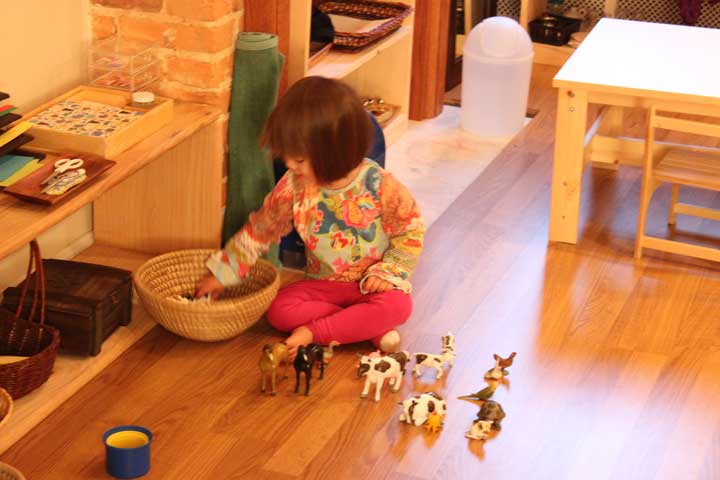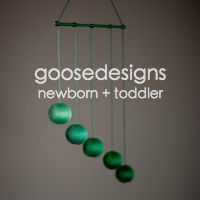What to Say When Your Child Gets It Wrong

We went to the supermarket yesterday to do some shopping. As we were going through the fresh produce section, I picked up a good-looking cantaloupe and asked, “This is a…?” B (24 months) flashed a huge smile and the word “Watermelon!” burst out of her.
Here are couple ways I could have reacted:
- “Watermelons are green on the outside, this isn’t. What is this?” (Using an adult’s logic with a child to get her to the correct answer)
- “No, it’s a cantaloupe. Say cantaloupe. No, not ‘antlop.’ Can-TA-loupe.” (trying to get her to remember the word by making her say it over and over, till she says it perfectly)
- “Wrong, honey. It’s a cantaloupe.” (Flat-out telling her she’s wrong)
Instead, this is what I said:
“Yes, this DOES look like a watermelon. They’re both big and round. This is a ‘cantaloupe.’” (See it from her point of view and then acknowledge what she said – I mean, watermelon and cantaloupe are extremely similar, at least she didn’t say it was a ‘flower,’ right? And then just give her the correct word without using negative language.)
When you create a loving, accepting relationship with your child around language and speaking, she will want to communicate with you (selective mutism is when children don’t). Listen to her attentively. Don’t insist on perfection. You don’t need over-the-top praises or enthusiasm every time she opens her mouth. All you need is to acknowledge what she says. It’s simple – take the time to repeat exactly what she said. This lets her know you’ve been listening and she was understood.









